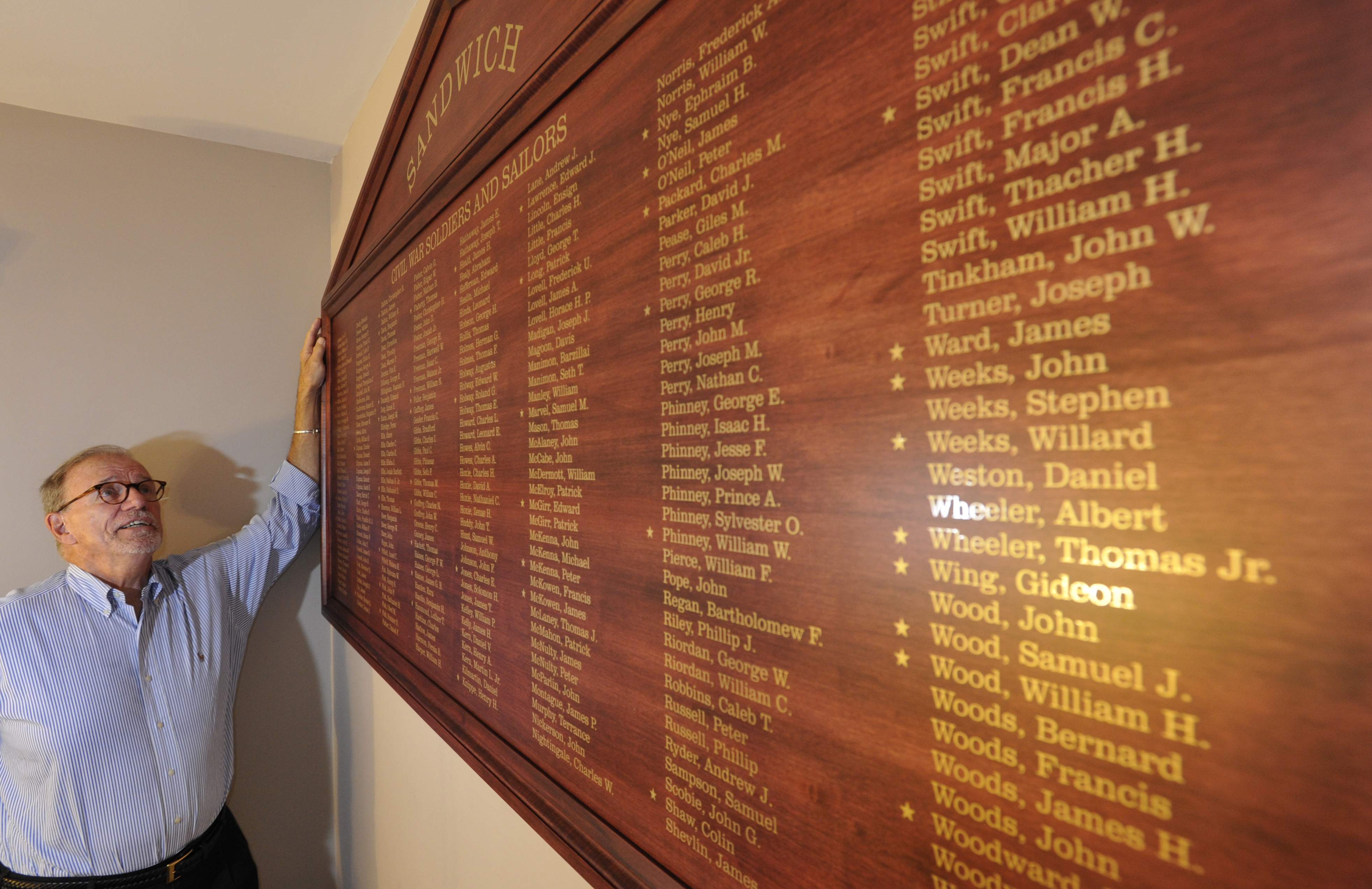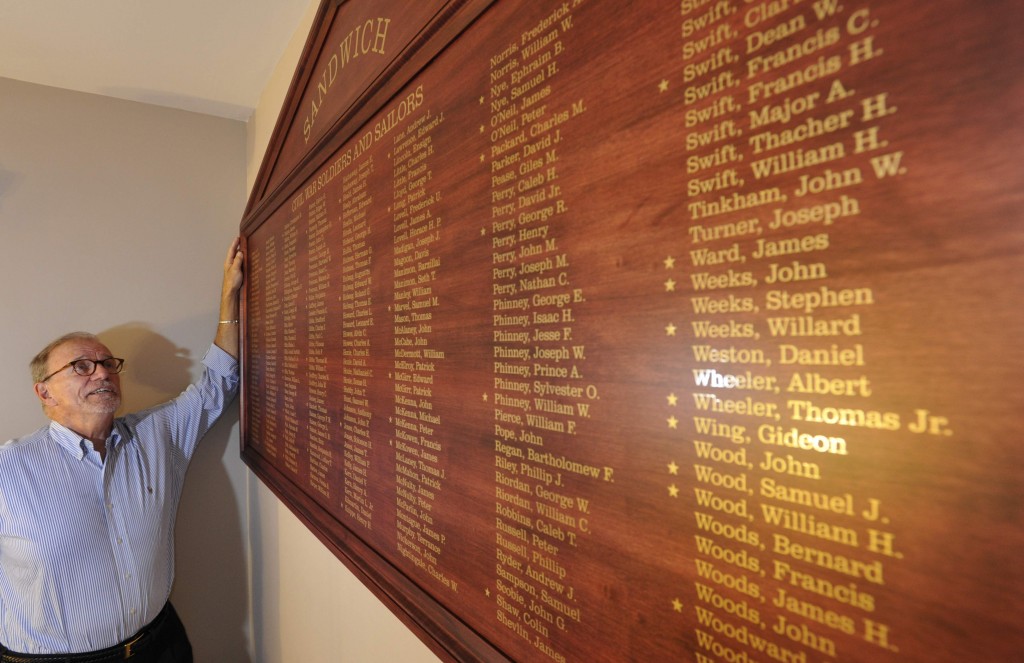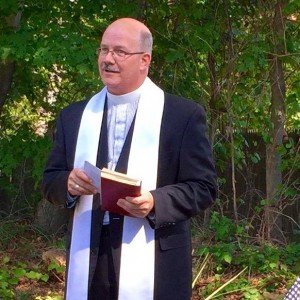Have you ever been afraid, I mean really afraid? As many of you know I work as a fire chaplain and in this work I provide calm assurance to those who have to put their lives on the line. While we are rushing out, they are rushing in. Are they afraid, sure they are afraid they would be crazy not to be, but for them to do their job they cannot let their fear paralyze them. They have to find it deep within themselves to push past it. They have to trust in their training, and they have to confidence in their leadership that they have taken all precaution to keep them safe.
I think it is safe to say that with the recent terrorist attacks in Paris and other parts of the world, we have been a little more fearful than we have been in the past. Fear is a reasonable response to a situation that is not normal. Fear can be a good if it causes us to be more cautious in our daily lives but when fear forces us to lose our humanity, to turn on one another, or to change our way of life then fear wins and when fear wins terrorism wins.
More than 300 years ago, a small group of people boarded a ship, a ship not designed to haul passengers, and set sail for a new life. They all had their reasons for wanting to leave Europe and everything that they had known, for the new world where they hoped to make a better life for themselves and their families. I am sure they were afraid, and I am sure that there were those who wanted to go but were paralyzed by their fear. Many of them were fleeing persecution and perhaps even death. Many of them, especially their leaders, had been in prison and witnessed friends and family killed for their beliefs.
I cannot begin to imagine the journey nor can I imagine what life what life in those early years of settlement in the new world. I think we have a romantic view of smiling pilgrims and Native Americans sitting around a table of plenty, but I am not so sure that is what truly happened. I am certain there was fear, fear from the Pilgrims and fear from the Native Americans, and I am not going to judge either side, but they learned to live together in the end. I am not so sure American Indians have the same feelings, but we will leave that for another day.
The United States of America is a country of immigrants. Sure many of our families have been here since long before it was the United States but never the less we are all immigrants. The very heart and soul of the US are the drive for a better life and a people that welcome them in and help them when they are in need. Generations of immigrants have come here for all sorts of reasons, some economic, some spiritual, some legal, some were fleeing wars but whatever the reasons they left their homeland and everything they ever knew and sought to change their lives. They did not let fear stand in their way, in fact, fear was the driving force behind many of them leaving in the first place, and we cannot let fear stand in our way of acting in a way that Americans have for generations.
The world we live in is a mess, I am not sure there was ever a time when it was not a mess, and we are being asked to help our neighbors. There was a time in our history when America was a mess. When the stock market failed, and the great depression started, it was one of the darkest hours of our history. Thousands of people found themselves on the street and unable to feed their families. In 1932, Franklin Roosevelt was elected the thirty-second president of the United States. On March 4, 1933, he was sworn in and gave his inaugural address. Americans were facing an uncertain future, and they were afraid. They were looking for their new leader to assure them that everything was going to be okay. He stood in front of the crowd, and in the opening sentences of his speech he said the following:
So, first of all, let me assert my firm belief that the only thing we have to fear is…fear itself — nameless, unreasoning, unjustified terror which paralyzes needed efforts to convert retreat into advance. In every dark hour of our national life, a leadership of frankness and of vigor has met with that understanding and support of the people themselves which is essential to victory. And I am convinced that you will again give that support to leadership in these critical days.
What Roosevelt was saying was that our fear, our natural fear, was making things worse. By running to the banks and taking out, all of our money Americans were hurting the economy. He was asking us to take a step back, take a deep breath, and act out of reason and not fear. History shows that he was right, and things got better bu we had to stop letting fear rule us.
There is every reason to be afraid of immigrants coming to America from the Middle East that if we let fear rule the day we play right into the hands of the terrorists who goal is to change the way we live and the way we act.
Standing at the entrance of the Hudson River is the Statue of Liberty. In the shadow of this great monument to the humanity and hospitality of Americans is Ellis Island them home to many immigrants that came to America to find a new life. Engraved on the plaque inside is the sonnet The New Colossus by Emma Lazarus with its famous line
“Give me your tired, your poor, your huddled masses yearning to breathe free.”
But the lines before that indeed speak of the American spirit and one that we must hold on to.
“Here at our sea-washed, sunset gates shall stand a mighty woman with a torch, whose flame is the imprisoned lightning, and her name Mother of Exiles.”
That is what the United States is, “The Mother of Exiles” and that is what we have to continue to be. Are we afraid, sure we are, do we have a right to be afraid, yes we do, but we cannot let that fear extinguish that light that has been a beacon of hope for millions of people. That same light that begs Syrian refugees forward is the same light that beckoned to the Pilgrims as they stood on the shore looking toward freedom. If we extinguish that light out of fear, we extinguish what is truly America, life, liberty, and the pursuit of happiness. Take a step back, take a deep breath, and let’s let reason rule the day and not fear.












